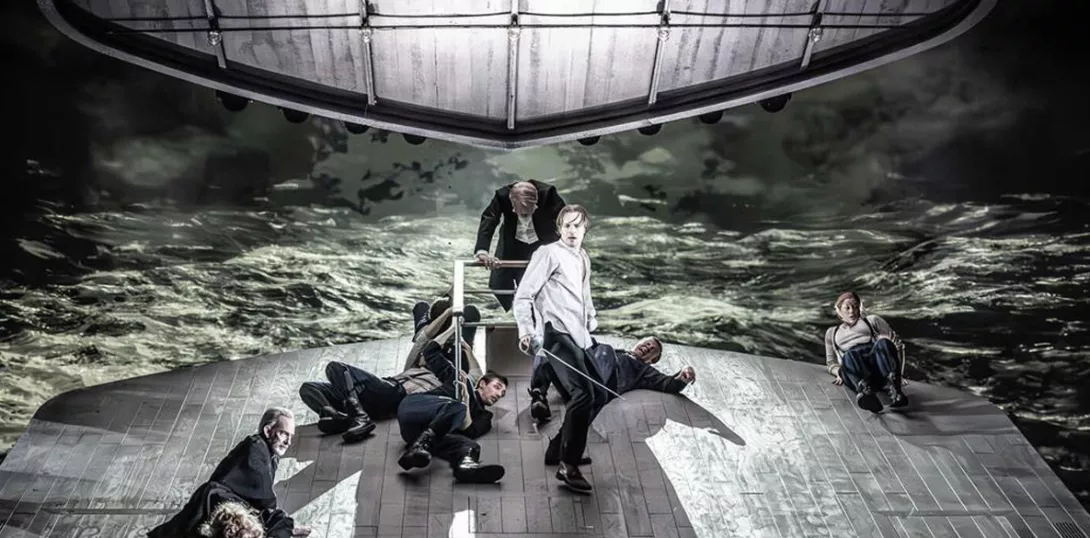GORDON PARSONS is bowled over by a skilfully stripped down and powerfully relevant production of Hamlet
The South Korean selkies
MARIA DUARTE recommends a homage to fearless, independent and empowering elderly women
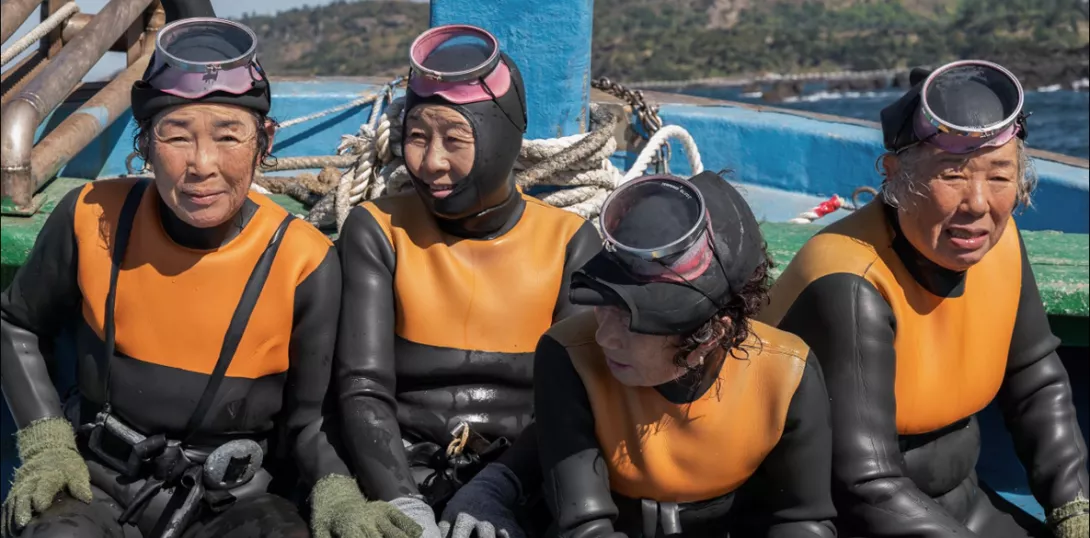
The Last of the Sea Women (PG)
Directed by Sue Kim
“BEING an haenyeo is a calling,” states one of the extraordinary protagonists in Sue Kim’s enlightening directorial debut feature about a little-known but fierce band of women in South Korea.
More from this author
The phrase “cruel to be kind” comes from Hamlet, but Shakespeare’s Prince didn’t go in for kidnap, explosive punches, and cigarette deprivation. Tam is different.

ANGUS REID deconstructs a popular contemporary novel aimed at a ‘queer’ young adult readership

A landmark work of gay ethnography, an avant-garde fusion of folk and modernity, and a chance comment in a great interview

ANGUS REID applauds the inventive stagecraft with which the Lyceum serve up Stevenson’s classic, but misses the deeper themes
Similar stories
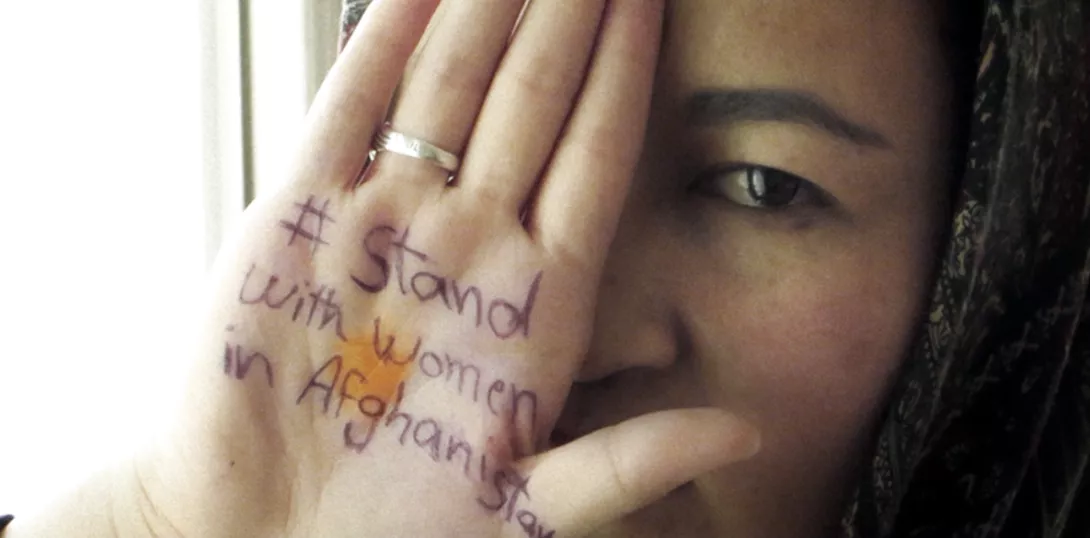
MARIA DUARTE is moved and outraged by a courageous undercover documentary that explores the plight of women in Afghanistan
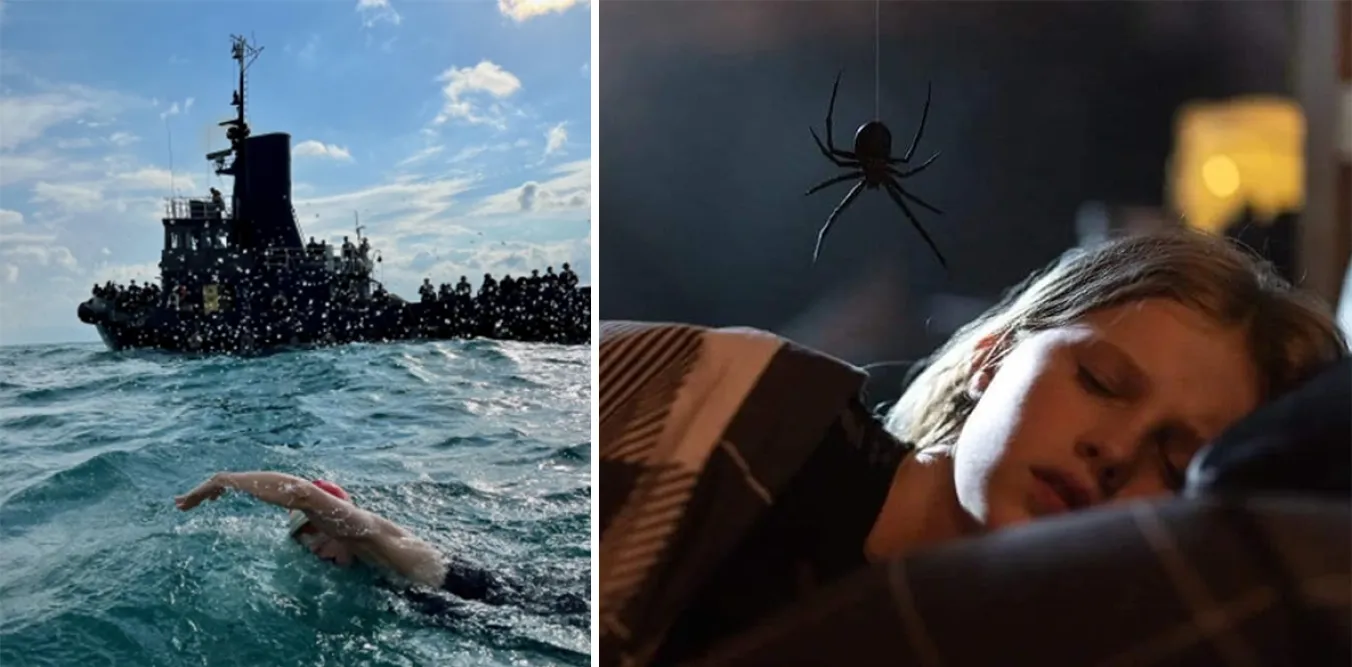
Channel swimming, forgetting the ex-bf, therapeutic cycling and scary spiders: The Star's critic MARIA DUARTE reviews Young Woman and the Sea, The Beast, Hard Miles, and Sting

The Star's critic MARIA DUARTE reviews The Fall Guy, Red Herring, Love Lies Bleeding and The Idea of You
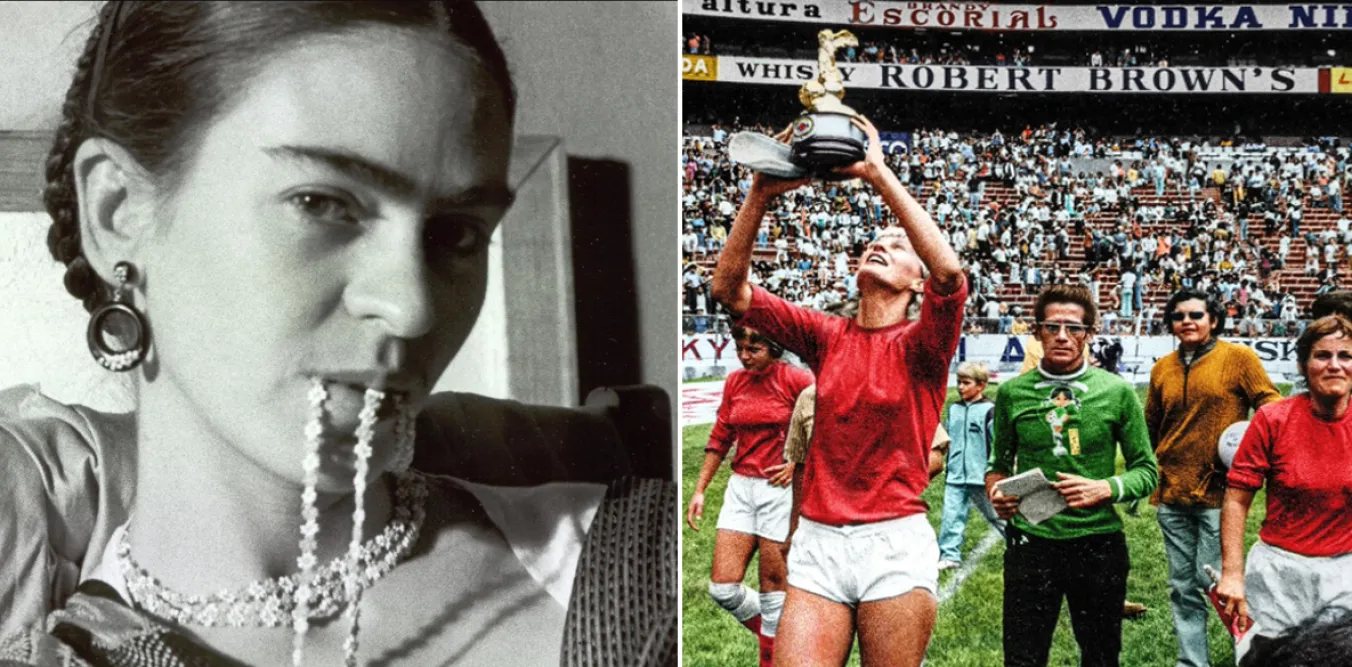
The Star's critic MARIA DUARTE reviews of Copa 71, Vindication Swim, Frida, and High and Low: John Galliano


